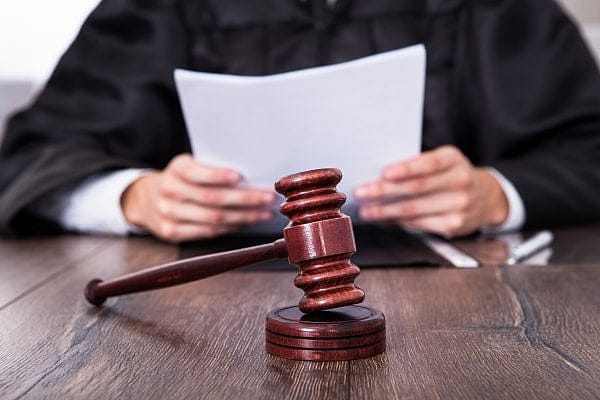No Dice for Defendant Who Waived Six-Member Jury Before Five-Member Version Convicted Him

A man charged with animal cruelty who OK'd a five-member jury when one of the jurors left can't take it back now that he was found guilty, the Massachusetts Supreme Judicial Court ruled.
Under the state constitution, Richard Bennefield had a right to a trial by jury when a charge against him of mistreating a dog went to trial in Marlborough District Court in September 2015. In district court, defendants have a right to have six jurors on the jury, according to a state statute.

